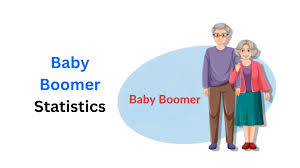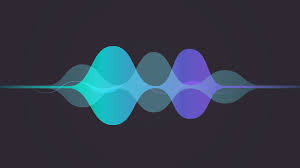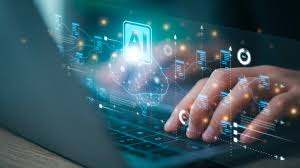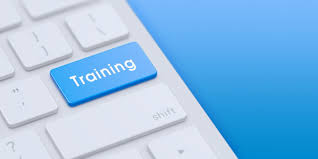Older adults can save tens of thousands of dollars annually by choosing assisted living communities over aging in place in their homes.
Unlike point solutions, Inspiren unifies resident safety, care planning, staffing, and emergency response into a single AI-powered platform.
An artificial intelligence-powered virtual assistant platform for senior living and care providers.
Betting that AI could lighten the clinician load.

 Baby boomer aging – it’s a big tech opportunity. Today there are
Baby boomer aging – it’s a big tech opportunity. Today there are  The University of Michigan polled older adult responders – and the results are in. In a recent survey of more than 1000 adults aged 50+, the University of Michigan poll, fielded inside Michigan and nationwide, demonstrates that Artificial Intelligence technology is useful to older adults – and that they are not intimidated by it. As with other studies, those with less education had somewhat less trust in AI-enabled information, and those with health disabilities also were somewhat less trusting of the information they found. (Source: July, 2025
The University of Michigan polled older adult responders – and the results are in. In a recent survey of more than 1000 adults aged 50+, the University of Michigan poll, fielded inside Michigan and nationwide, demonstrates that Artificial Intelligence technology is useful to older adults – and that they are not intimidated by it. As with other studies, those with less education had somewhat less trust in AI-enabled information, and those with health disabilities also were somewhat less trusting of the information they found. (Source: July, 2025  Data about care is becoming the backbone of home care best practice. In the past (and in some current settings) the home care worker has kept a book in the home for record keeping, bringing it in periodically to get paid. Today, organizations can use captured information about the home care situation, combining it with information aggregated from other clients or individual care recipient history. Data and the governance procedures to maintain its quality and security will, like other uses of AI, become the foundation for realizing its benefits in home care.
Data about care is becoming the backbone of home care best practice. In the past (and in some current settings) the home care worker has kept a book in the home for record keeping, bringing it in periodically to get paid. Today, organizations can use captured information about the home care situation, combining it with information aggregated from other clients or individual care recipient history. Data and the governance procedures to maintain its quality and security will, like other uses of AI, become the foundation for realizing its benefits in home care. An
An